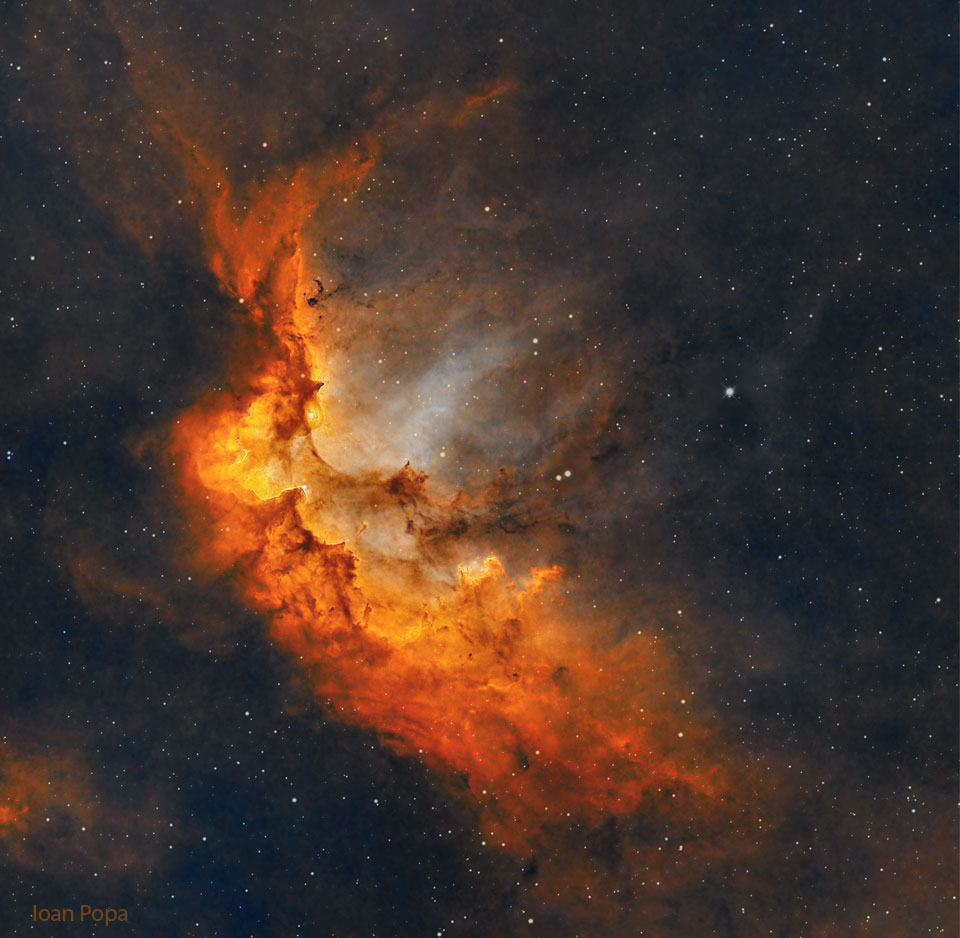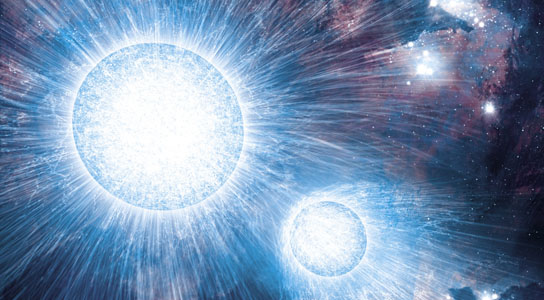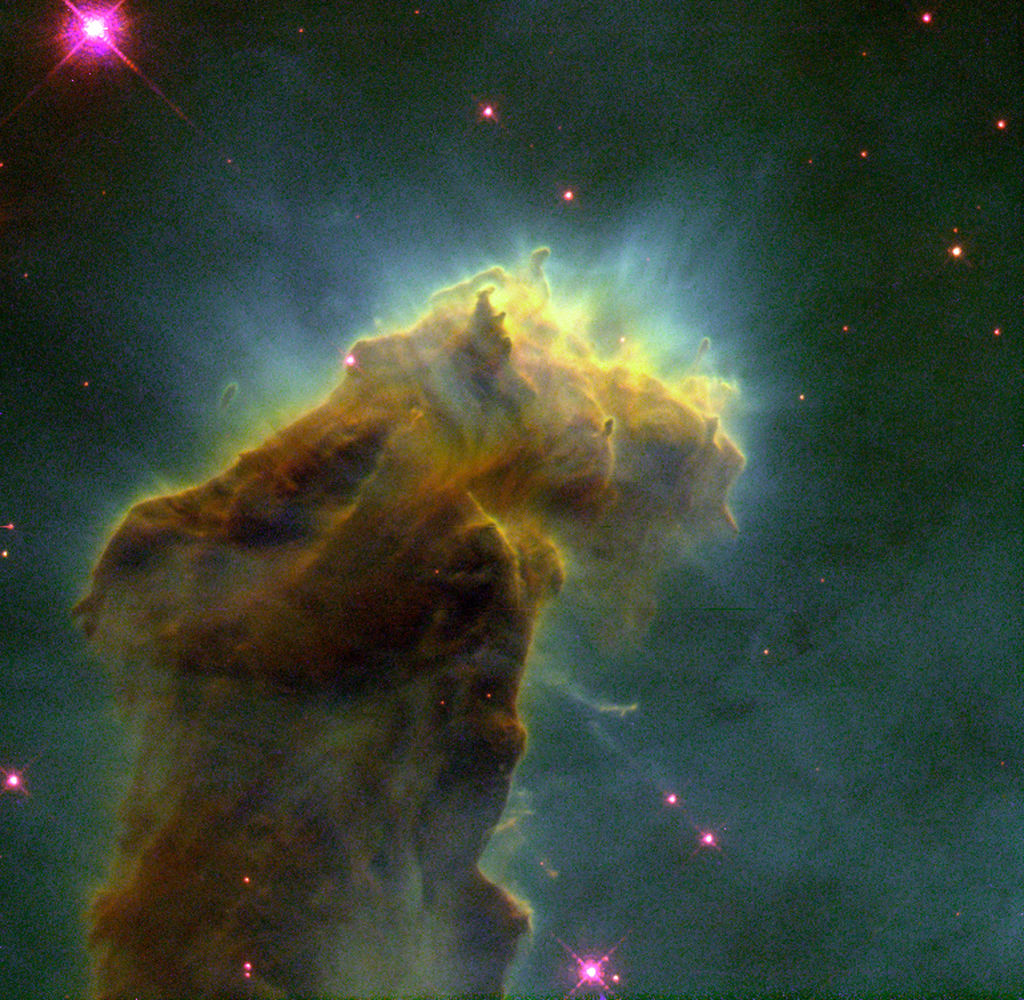De58te wrote: ↑Mon Nov 14, 2022 12:24 pm
I was impressed when the description said that NGC 7380 is located "only" 8,000 light years away! That got me wondering how farther away is the Horsehead Nebula? Wikipedia states that the Horsehead is some 1,500 light years away. So that means the Horsehead is virtually in our neighborhood, just a hop, skip and jump away. Methinks that when civilization develops warp speed starships, we should decide to visit the Horsehead Nebula first before we head out to the close by NGC 7380
According to the Gaia parallax, the distance to NGC 7380 is more like 9,600 light-years.
As for the Horsehead Nebula, there is no visible star in it that has been measured by Gaia. Or, correction, my software is not willing to show me a star in the Horsehead Nebula that I can try to find a parallax for!
But as you can see in the picture of the Horsehead Nebula by Ken Crawford, blue reflection nebula NGC 2023 is located very close to the Horsehead Nebula in the sky, and to me, they look like they are a part of the same large dust structure/molecular cloud. We may indeed assume that they are physically related (or at least located at more or less the same distance from us).
NGC 2023 is illuminated by magnitude 7.8 B-type star HD 37903, and the parallax of this star has been measured by Gaia. Because of that, we know that the distance to HD 37903 and NGC 2023, and presumably also to the Horsehead Nebula, is ~1,300 light-years.
Or to put it differently: The Wizard Nebula, NGC 7380, is some 7.5 times farther away than the Horsehead Nebula.
Ann
Edit: Using Simbad Astronomical Database, I managed to locate a star at the top of the Horsehead. That star is IRAS 05383-0228, a young stellar object, and Gaia has indeed measured a parallax for it. This parallax puts IRAS 05383-0228, and therefore the Horsehead Nebula, at ~1,300 light-years from us. So its distance is broadly the same as the distance to NGC 2023.
 NGC 7380: The Wizard Nebula
NGC 7380: The Wizard Nebula



